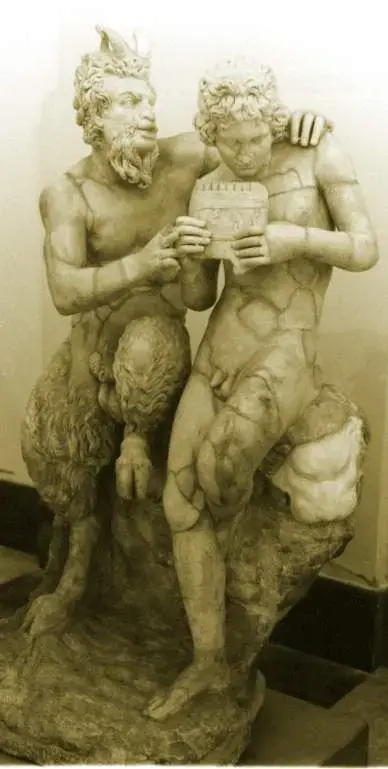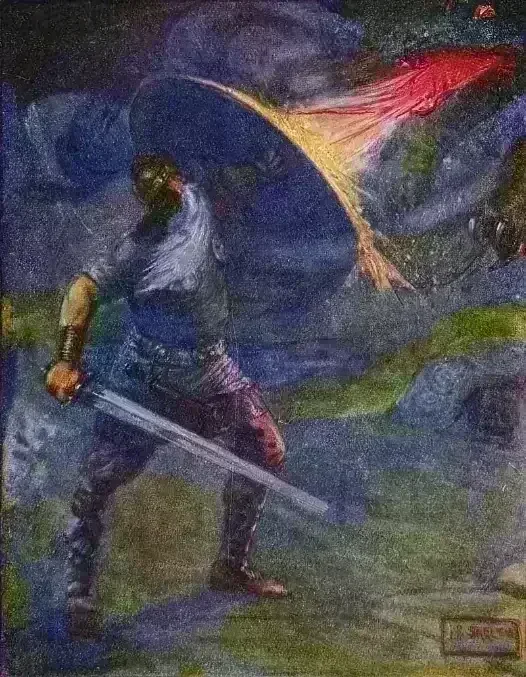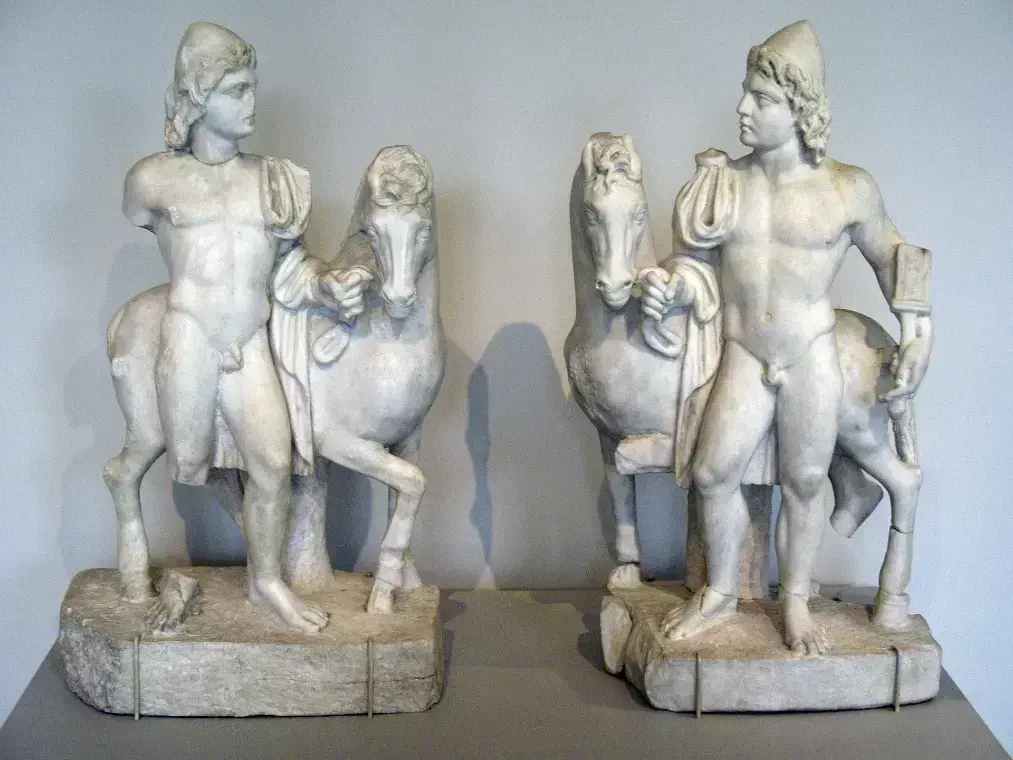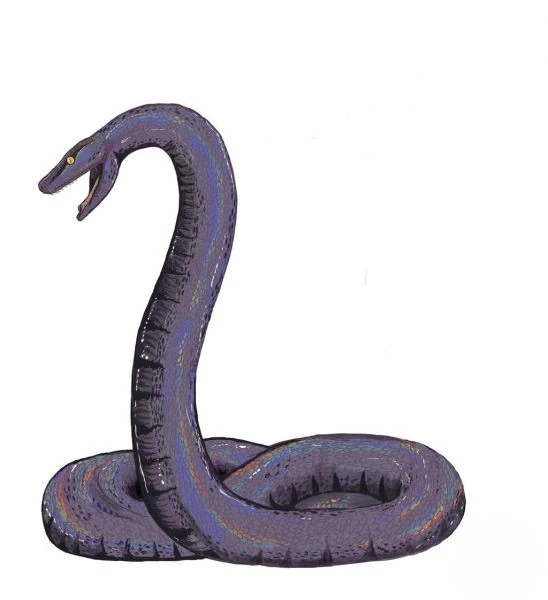Pan

Pan was the god of wilderness, shepherds, flocks, and rustic music in ancient Greek religion and mythology. As a companion to nymphs, he had a distinctive appearance featuring the hindquarters, legs, and horns of a goat—similar to fauns and satyrs. Primarily associated with rural Arcadia, Pan also presided over fields, groves, and wooded glens.
His connections to sexuality linked him with fertility and spring seasons. In Roman religion, Pan was commonly identified with nature deities including Faunus (father of Bona Dea, sometimes called Fauna), Silvanus (due to shared woodland associations), and the obscure deity Inuus. During the eighteenth and nineteenth centuries, Pan emerged as a significant figure in European Romanticism, and later became important in twentieth-century Neopagan movements.


